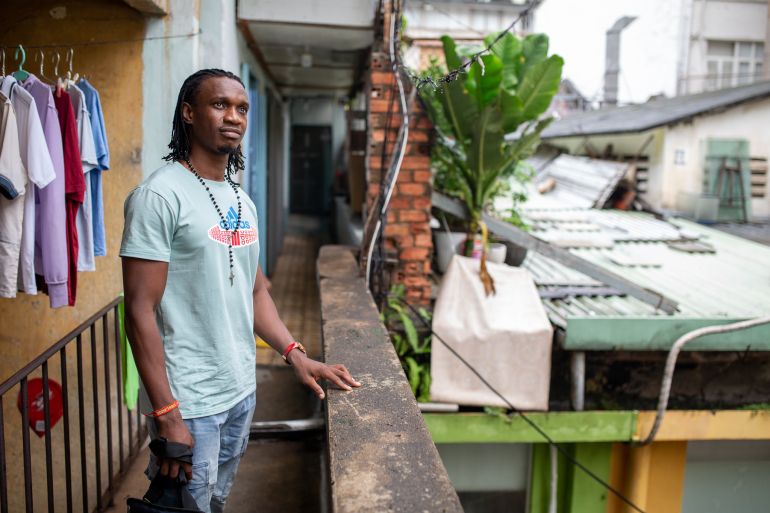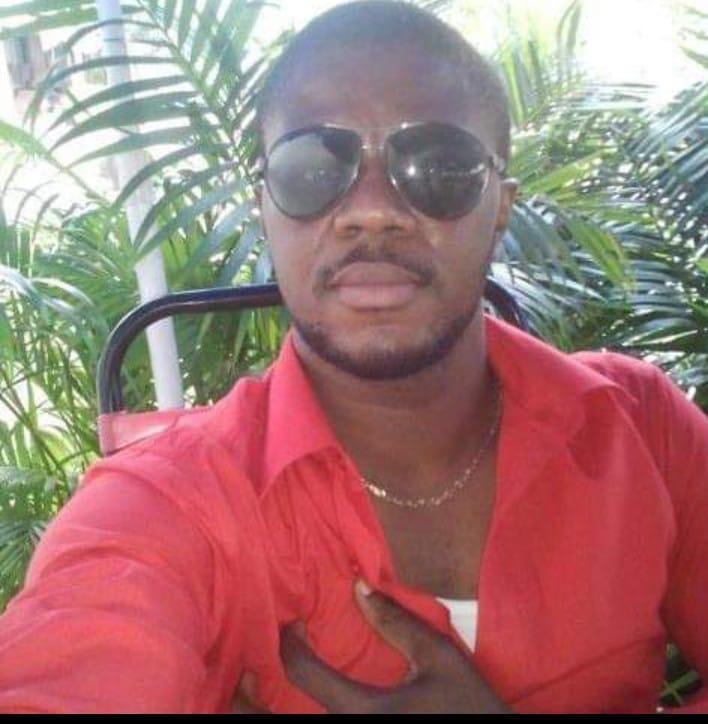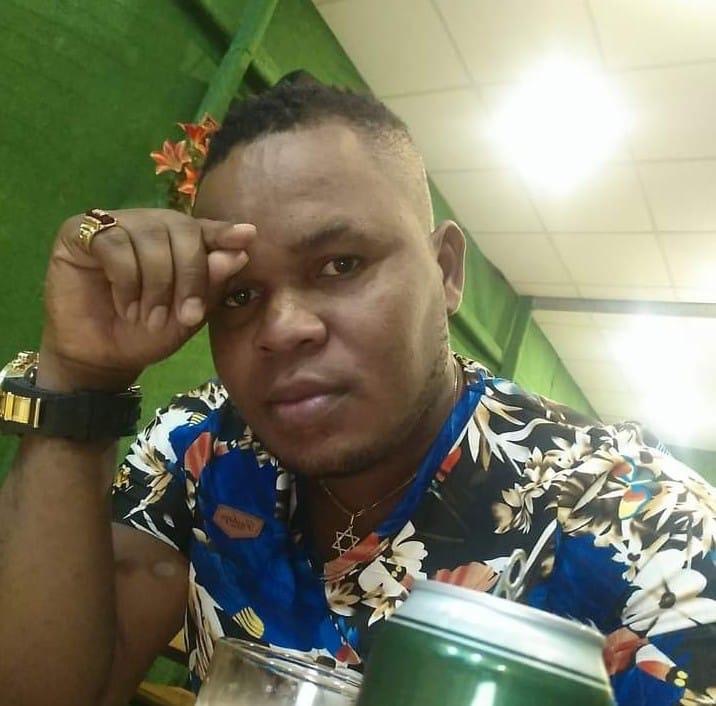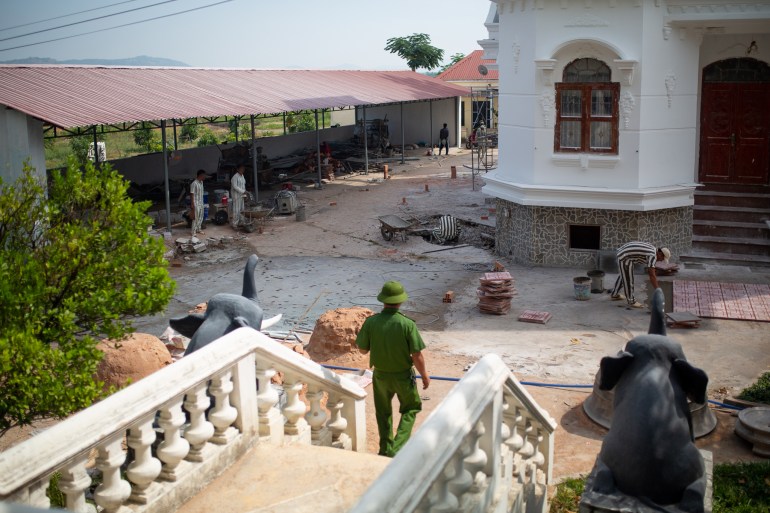‘Prison after prison’: Debts trap foreigners in Vietnamese jails
At least 16 foreigners continue to be held over alleged unpaid debts and compensation despite completing jail terms.

Ho Chi Minh City, Vietnam – When Ezeigwe Evaristus Chukwuebuka, a Nigerian man, completed his 12-year sentence for financial fraud in Vietnam, he expected to fly home and see his family.
Convicted in 2012, Chukwuebuka was released four years early, having endured hard labour – defined by the Vietnamese authorities as “rehabilitation”. However, instead of getting on a plane to Nigeria, he was transferred to a detention centre an hour southeast of Ho Chi Minh City in Long An province.
Keep reading
list of 3 itemsVietnam rescuers battle to save boy, 10, stuck in concrete pile
EU pledges $10bn investment in Southeast Asia during ASEAN summit
Chukwuebuka was detained in the centre for two years, at times held in solitary confinement with his ankles locked in iron shackles as guards pepper-sprayed his face.
He was finally released on November 16 after paying 39 million Vietnamese dong ($1,660) in court fees and 230 million Vietnamese dong ($9,810) in compensation to the victims of his crime. A further 675 million Vietnamese dong ($27,800), unclaimed by victims, was written off.
“It’s terrible. It is prison after prison,” Chukwuebuka told Al Jazeera. “I was seriously humiliated, locked up in a dark, stinky, small room without a toilet, and my legs locked up in bars for two weeks.”
“Racism, insults, and carelessness,” he added, “is a normal way of the police.”
Although Chukwuebuka was released, he says the situation for those still in detention remains complicated.
Trại Giam Long Hòa, the complex where the detainees are being held, also includes prison and detention facilities for Vietnamese juvenile offenders and sex workers.
Chukwuebuka says at least 16 foreign detainees are being held long-term at the detention centre, which he says could hold as many as 100 people. Among the inmates are nationals from Malaysia, Cambodia, South Africa, the Netherlands, Korea, Nigeria, Taiwan, The Philippines, Hong Kong and a Bulgarian dual national. All are being detained until they can repay court fees and fines as well as provide compensation to victims they are deemed to owe as a result of their crimes.
Al Jazeera spoke to seven other detainees in the detention centre, all of whom said they believe they will never be released due to difficulties in arranging payment of their alleged debts. One man from the Netherlands has been in the centre since it first opened in 2017.
“It’s absolutely shocking that Vietnam is holding foreign prisoners in what amounts to a debtors’ prison, with no hope of release,” said Phil Robertson, deputy director for Human Rights Watch’s Asia division.

“There is really no justification for such outrageous treatment, which constitutes arbitrary detention in clear violation of Article 9 of the International Covenant on Civil and Political Rights [ICCPR] ratified by Vietnam.”
Cletus Chimaobi Hillary, a 43-year-old Nigerian man sentenced to 12 years in 2014 for misappropriating more than $30,000, has been in the centre for the past 19 months after completing his jail term, with a reduction in his sentence.
Like Chukwuebuka, he has been confined to a dark room, his ankles shackled.
He too says he has been pepper-sprayed by guards.
“From what I am seeing, hearing here, there is no hope of being released,” Hillary said in written correspondence.
“I cannot pay this huge amount of money while inside here. No means of communication, no way of making money or borrowing money from somewhere, from inside here.”
‘Another life sentence’
A Vietnamese human rights worker, who asked to remain anonymous citing the sensitivity of the issue, said the legal basis for centres like the Long Hòa complex is ambiguous due to the vague laws underpinning their activities.
Decree No: 65/2020/ND-CP relates to foreigners who have finished serving their prison terms but remain in detention before they are either deported or able to settle fines and compensation.
Articles 17.4 and 18 cover payment of compensation according to the court’s ruling. If individuals are unable to pay, the case will be settled according to the law on the enforcement of civil judgements, in which both the state and victims may have a say on the repayment of fines and compensation.
But the reality, according to the rights worker, is a legal black hole that is hard to escape without the settlement of the alleged debt or the assistance of a foreign embassy.

Tye Soon Hin, a 42-year-old Malaysian, was jailed for 12 years alongside two of his fellow citizens for using fake credit cards to steal money in 2014.
Since completing their sentences more than three years ago — also with a reduction — they have been held in the detention centre owing a combined sum of $60,000.
One of the trio, Teh Chee Wan, can afford to repay the money he owes but has been told he cannot be released until all three, who were tried together, have settled their debts.
None of the detainees, however, are allowed to work to repay the funds.
“It feels really unfair,” Hin told Al Jazeera. “I paid the price of the crime that I did, but I am still locked [up] and treated like a prisoner here.”
Hilton Gomez, another Malaysian who has spent 20 months in the detention centre owing about $12,700 in court fines after serving 20 years of a life sentence for drug trafficking, said: “I was always told that if I abide with the rules and regulations of the prison, I would be given a leniency every year so that I could join my family soon. I had worked hard in the thought of meeting my mum and daughters, but in reality, now it looks like I will be here for another life sentence.”
Inadequate healthcare
Numerous detainees complained to Al Jazeera of inadequate healthcare in the detention centre.
Chan King Fai, a 65-year-old detainee from Hong Kong, has been held for more than three years over a debt of about $17,000 since completing his jail term for fraud.
“I have high blood pressure, diabetes, and heart problem, but the worst is my teeth, because my artificial teeth [fell out] two years ago. I beg the officers to let me fix it. But until today, they still reject my application. About two years, I cannot eat.”
Christopher Osinanna Nwadike, a Nigerian sentenced to four years imprisonment for fraud, owes approximately $5,700. He has been in the detention centre for about four months and says he feels “abandoned”.
“Before my arrest, I had an operation for appendicitis,” he said. “However, during my sentence period and until now I have been having pains in my lower abdomen and a serious knee pain. I have been requesting for a medical check-up, but until now my request has not been attended to.”
“A friend has managed to pay for me the court fines and fees,” he added. “As for the victim’s compensation, she cannot be found on the address provided, and according to the person in charge of this case … the victim has not come to show any interest in the refund for over four years now.”
Vietnam’s Ministry of Foreign Affairs, which is responsible for dealing with foreign journalists, did not respond to a request for comment.

The detention centre for foreigners is barely mentioned in Vietnamese state media, although the Long Hòa complex received media attention in 2019 when a 17-year-old Vietnamese inmate died after being beaten by staff.
The Netherlands’s embassy confirmed it was providing consular assistance to a citizen detained in Long An province. All other relevant embassies were approached for comment but had not responded by the time of publication.
Vietnam’s treatment of inmates has come under scrutiny in recent years, with guards filmed using electric shocks against inmates and imprisoned activists reportedly tortured and shackled, while beatings and forced labour remain commonplace in drug detention centres.
On September 1, Vietnam announced it would grant amnesty to 2,434 prisoners, including 16 foreign nationals. Together, they paid a combined total of 67 billion Vietnamese dong (about $2.8m) in fines before they were released.
Not considered prisoners, none of the detainees in Long An province were eligible for the amnesty.
“The heinous treatment these detainees are receiving, including shackling and verbal and physical intimidation and violence, could constitute torture, which is never permitted under international law,” Robertson said.
He suggested the Vietnamese authorities should coordinate with the embassies of the detainees to arrange their repatriation to their home countries.
“Hanoi could work with those embassies,” Robertson added, “and perhaps the IOM’s [International Organization for Migration] Assisted Voluntary Return programme, to find a quick, rights-respecting solution involving release and departure of these foreigners, who have suffered for far too long in unjust detention.”